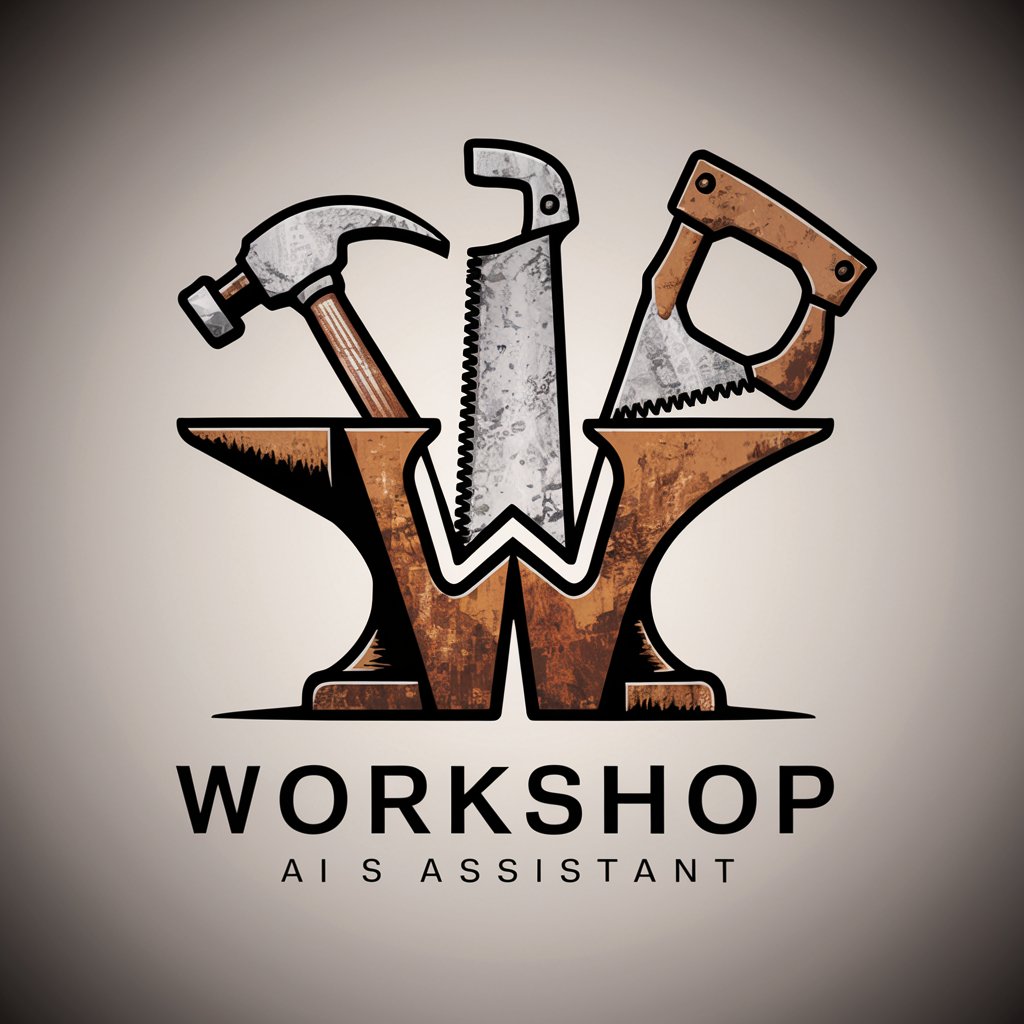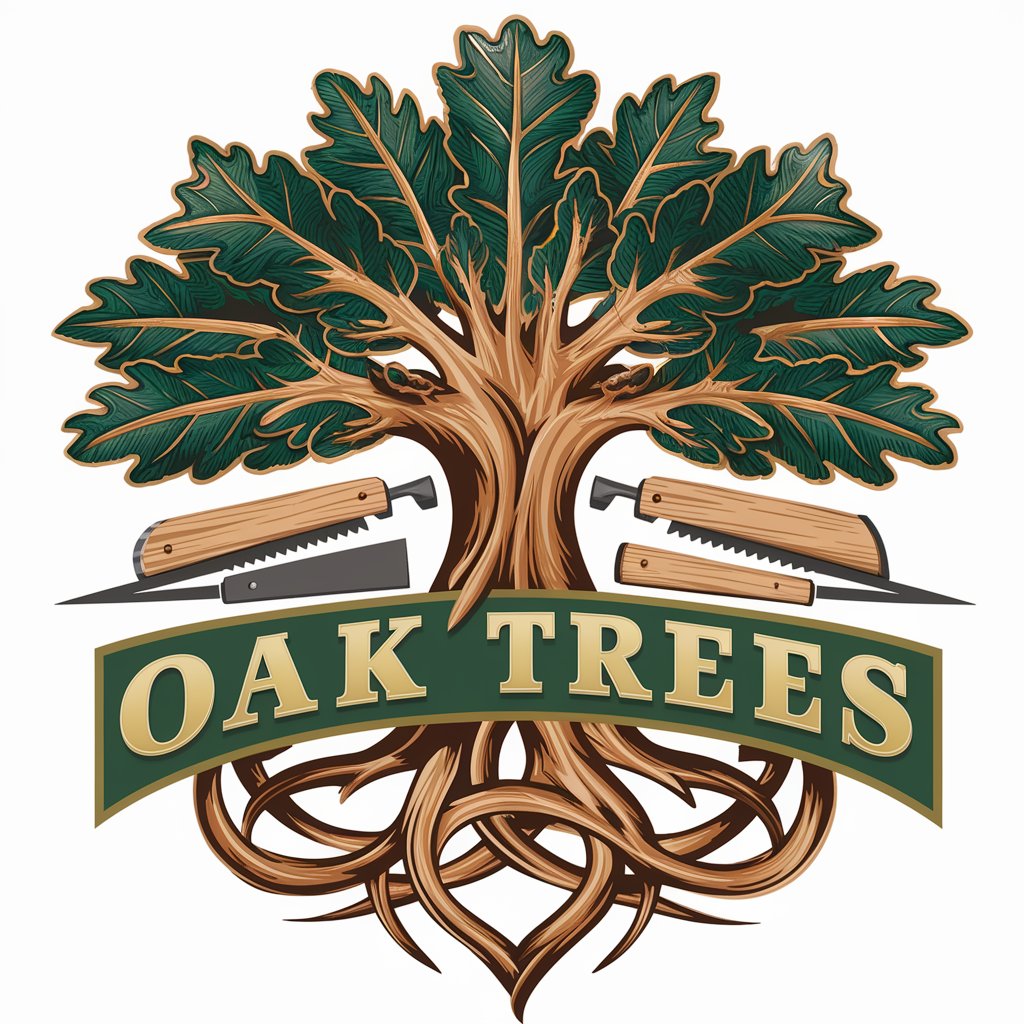6 GPTs for Woodworking Projects Powered by AI for Free of 2025
AI GPTs for Woodworking Projects are advanced generative pre-trained transformer models specifically designed to assist with various aspects of woodworking. These AI tools leverage natural language processing and machine learning to offer tailored advice, designs, techniques, and problem-solving strategies for woodworking enthusiasts and professionals alike. By understanding and generating language-based responses, they facilitate a wide range of tasks from project planning to execution, making them invaluable in the woodworking domain.
Top 6 GPTs for Woodworking Projects are: DIY Furniture Designer,Build Buddy,Workshop,Master Craftsman,Craftbot,Oak
DIY Furniture Designer
Craft Unique Furniture with AI Creativity

Build Buddy
Your AI-Powered DIY Partner

Workshop
Empowering creativity with AI-driven workshops

Master Craftsman
Crafting made easy with AI

Craftbot
Empowering Craftsmanship with AI

Oak
Unlock the Secrets of Oak with AI

Essential Attributes of AI GPTs in Woodworking
AI GPTs for Woodworking Projects stand out due to their adaptability across a broad spectrum of woodworking tasks. Key features include the ability to generate project ideas, provide detailed plans and instructions, offer material suggestions, and troubleshoot common issues. These tools are equipped with capabilities for language learning, which allows them to understand and process technical woodworking terminology, and they can also support web searches for the latest trends and techniques. Additionally, some tools come with image creation features, enabling the visualization of project outcomes, and data analysis functions for optimizing project designs and material usage.
Who Benefits from AI GPTs in Woodworking
AI GPTs for Woodworking Projects cater to a diverse audience, including novices looking to learn the craft, professional woodworkers seeking to enhance their skills, and developers in the woodworking industry aiming to integrate AI into their applications. These tools are designed to be user-friendly for those without any coding background, offering straightforward interfaces and guidance. Meanwhile, they also provide extensive customization options for users with programming knowledge, allowing for a more personalized and advanced utilization.
Try Our other AI GPTs tools for Free
Crafting Techniques
Explore how AI GPTs transform crafting with innovative solutions. Tailored for beginners and professionals, these tools inspire creativity and efficiency.
Fundraising Strategies
Discover how AI GPTs for Fundraising Strategies can revolutionize your campaigns with personalized content, strategic insights, and innovative solutions designed to optimize your fundraising efforts.
Task Coordination
Explore AI GPTs for Task Coordination: revolutionary tools designed to streamline your project management and task execution with cutting-edge AI technology.
Information Gathering
Discover how AI GPTs for Information Gathering transform data collection and analysis, offering tailored, efficient solutions for researchers and professionals across domains.
Functional Programming
Discover how AI GPTs for Functional Programming transform learning and development with tailored solutions, advanced features, and user-friendly interfaces for all skill levels.
Scala Education
Explore AI GPTs for Scala Education: your gateway to mastering Scala through personalized learning experiences, interactive exercises, and comprehensive support tailored to your learning journey.
Further Perspectives on AI GPTs in Woodworking
AI GPTs for Woodworking Projects not only simplify project planning and execution but also inspire creativity and innovation in the woodworking field. With user-friendly interfaces, they are easily accessible to a broad audience, while also offering powerful integration capabilities for existing systems, showcasing their versatility and potential to revolutionize how woodworking projects are approached.
Frequently Asked Questions
What exactly are AI GPTs for Woodworking Projects?
They are AI-powered tools that use generative pre-trained transformers to assist in various aspects of woodworking, from planning to execution, by providing tailored advice and solutions.
Can beginners in woodworking use these AI tools effectively?
Absolutely, these tools are designed with user-friendly interfaces that guide novices through each step of their woodworking projects, making complex tasks more accessible.
Are there customization options for professionals?
Yes, professionals can customize these tools to suit specific needs or integrate them into existing systems for enhanced functionality and efficiency in their projects.
Do these AI tools require internet access?
While some functions, like web searches, require internet access, other features can be used offline, depending on the tool's design and capabilities.
Can AI GPTs generate woodworking project ideas?
Yes, one of the core capabilities of these tools is to generate creative and practical woodworking project ideas based on user preferences and specifications.
How do these tools handle technical woodworking terminology?
These AI tools are trained on vast amounts of woodworking literature and can understand and process technical terminology, making them highly effective for technical support.
Is it possible to visualize projects with these AI tools?
Yes, some AI GPTs for Woodworking Projects come with image creation features that allow users to visualize the final outcome of their projects through detailed illustrations.
How can these AI tools integrate into existing workflows?
These tools offer APIs and customization options for developers, enabling seamless integration into existing software ecosystems and workflows in the woodworking industry.